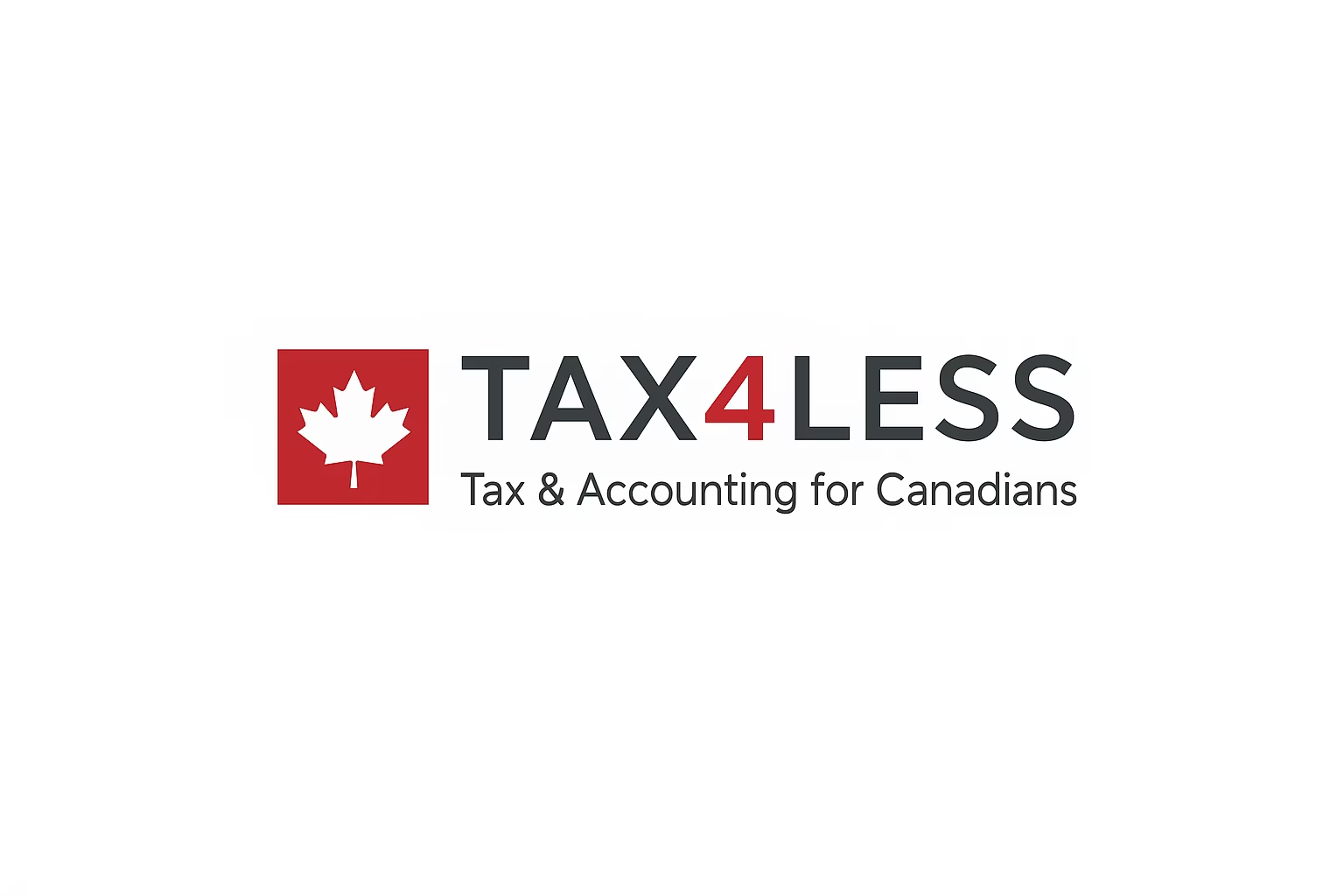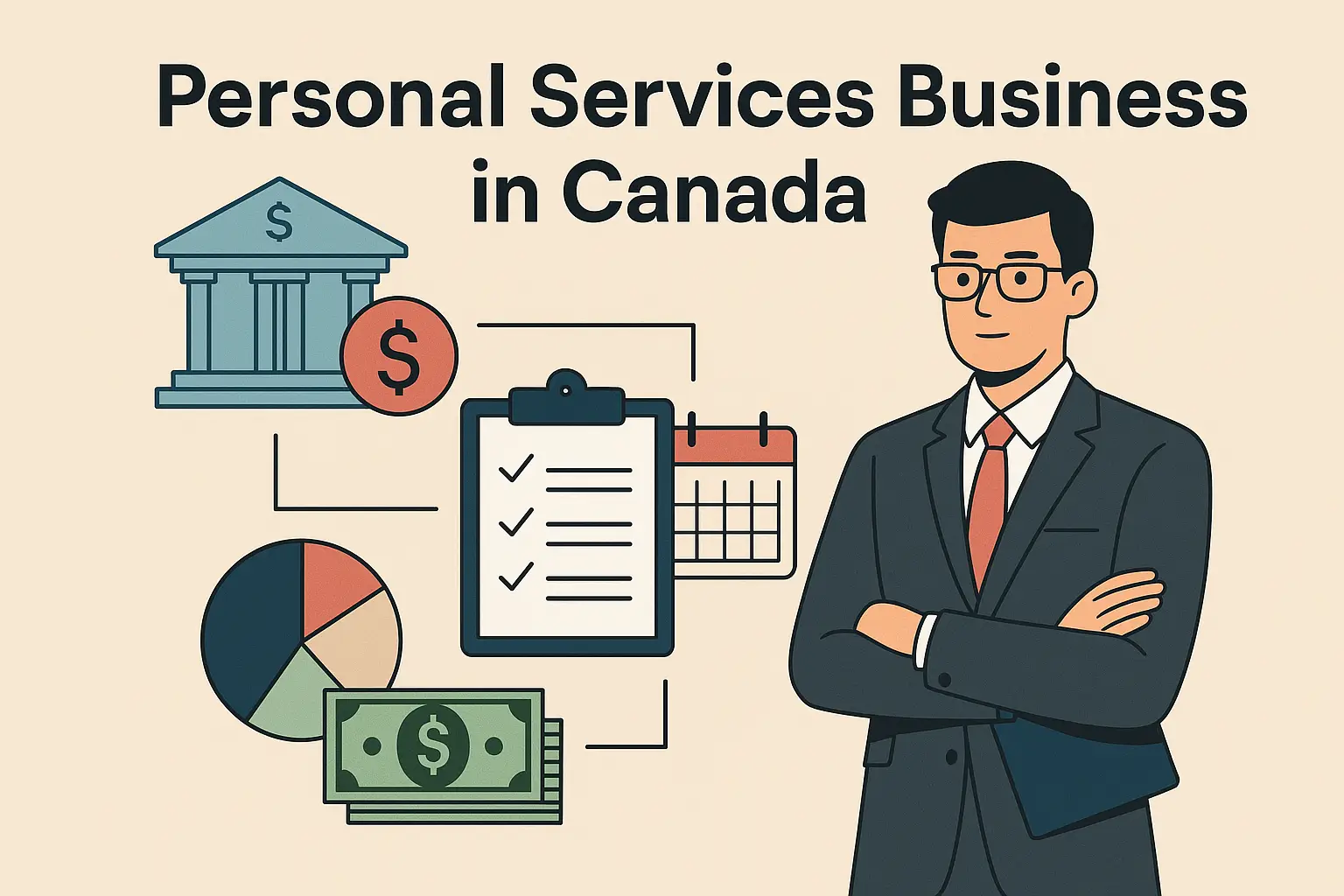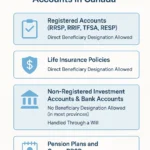Successor Holder vs Beneficiary: Which one should i chose?
When it comes to planning your estate and ensuring a smooth transfer of assets upon death, understanding the Canada Revenue Agency (CRA) rules around successor holders and beneficiaries is crucial. These roles primarily affect registered accounts like the Tax-Free Savings Account (TFSA) and Registered Retirement Income Fund (RRIF).
In this guide, we’ll explain:
What a successor holder and a beneficiary are
Which assets can be transferred under each role
What happens when a spouse dies
What happens when both parents die
What happens if no one is surviving
Other important considerations in estate planning
What is a Successor Holder?
A successor holder is someone who becomes the new holder of a TFSA or RRIF when the original account holder dies. This option is only available to a spouse or common-law partner.
Accounts Eligible for Successor Holders:
TFSA (Tax-Free Savings Account)
RRIF (Registered Retirement Income Fund)
The successor holder essentially takes over the account as-is, meaning:
The account does not close
There are no tax consequences
The account continues under the spouse’s name
The contribution room remains unaffected
What is a Beneficiary?
A beneficiary is a person or entity designated to receive the funds from a registered account upon the account holder’s death.
Eligible Accounts for Beneficiaries:
TFSA
RRIF
RRSP (Registered Retirement Savings Plan)
RESP (Registered Education Savings Plan)
RDSP (Registered Disability Savings Plan)
Unlike successor holders, beneficiaries can include children, grandchildren, or other individuals, as well as charitable organizations.
Key Points:
Funds are paid out to the beneficiary
The account is closed
Tax implications may apply, depending on the account type and beneficiary’s relationship to the deceased
Case 1: When One Spouse Dies – Transferred to the Remaining Spouse
If the deceased had designated their spouse as a successor holder:
The surviving spouse becomes the new account holder
For TFSA: no tax is triggered, and the account continues to grow tax-free
For RRIF: same applies; minimum withdrawals will continue based on the surviving spouse’s age
If the spouse was listed as a beneficiary instead:
For TFSA: the spouse can transfer the funds to their own TFSA tax-free within a rollover period (usually 12 months)
For RRIF: the spouse may roll over the funds into their own RRIF or RRSP if under 71, tax-deferred
✅ Pro Tip: Always designate your spouse as a successor holder, not just a beneficiary, to avoid delays and taxes.
Case 2: When Both Parents Die – Transferred to Children
If both spouses pass away and have designated their children as beneficiaries:
For TFSA: the children receive the account proceeds tax-free, but the account is closed
For RRIF: the value at death is included in the final return of the last surviving parent, and the estate pays tax
However, if a financially dependent child or grandchild is named:
They may qualify for a tax-deferred transfer to their own RRSP or RRIF (if applicable)
Case 3: No Surviving Spouse or Beneficiaries – What Happens?
If no successor holder or beneficiaries are named:
The registered account becomes part of the estate
The executor must manage the assets
Probate fees may apply
Funds are distributed according to the will or provincial intestacy laws (if no will exists)
Tax will be paid on the full value of RRSPs and RRIFs on the final return
Other Common Scenarios
✅ Scenario: Minor Child as Beneficiary
Funds are paid into a trust or to a parent/guardian
A trustee must manage the assets until the child reaches legal age
For RRSP/RRIF: taxes still apply unless the child is financially dependent
✅ Scenario: Disabled Beneficiary
Special rollover provisions allow tax-deferred transfers to an RDSP
Must meet CRA’s definition of “dependent by reason of mental or physical infirmity”
❌ Scenario: No Beneficiary Designated
Account is part of estate
Taxable and potentially subject to delays and legal costs
Tips for Choosing Between Successor Holder and Beneficiary
| Criteria | Successor Holder | Beneficiary |
|---|---|---|
| Eligible Accounts | TFSA, RRIF | TFSA, RRIF, RRSP, RESP, RDSP |
| Can avoid taxes? | Yes | Sometimes |
| Keeps account open? | Yes | No |
| Best for spouse? | ✅ Yes | ⚠️ Only if no Successor Holder option is available |
| Best for children? | ❌ Not allowed | ✅ Yes |
Final Thoughts: Protect Your Legacy with the Right Designations
Properly designating a successor holder or beneficiary on your registered accounts can help:
Minimize taxes
Avoid probate
Ensure faster and smoother asset transfers
Protect your loved ones financially
Always review your designations regularly, especially after life events like marriage, divorce, or the birth of a child.
📌 Need Help with Estate Planning?
Consult a financial advisor or estate lawyer to ensure your TFSA, RRIF, RRSP, and other registered accounts are properly set up to reflect your wishes.
Related Article read: https://tax4less.ca/how-to-name-successors-or-beneficiaries-on-various-accounts-in-canada/
 Need Help? Book a Consultation
Need Help? Book a Consultation
Navigating car deductions and HST rules can be a maze, especially with luxury vehicles or mixed-use scenarios. Don’t guess — talk to a pro.



- accounting services Canada
- beneficiary designation Canada
- business tax preparation
- corporate tax services
- CRA beneficiary
- CRA clearence certificate
- CRA death benefits
- CRA successor holder
- Death
- estate planning Canada
- estate transfer Canada
- final return
- financial planning death
- probate Canada
- registered accounts CRA
- return of decesed person
- RRIF after death
- RRIF inheritance
- RRIF rollover
- successor holder vs beneficiary
- tax planning Canada
- tax-free savings account inheritance
- Tax4less
- tax4less.ca
- Tax4Less.ca Inc
- TFSA after death
- TFSA rollover
- TFSA successor holder
- what happens to TFSA when you die

 Previous Post
Previous Post Next Post
Next Post